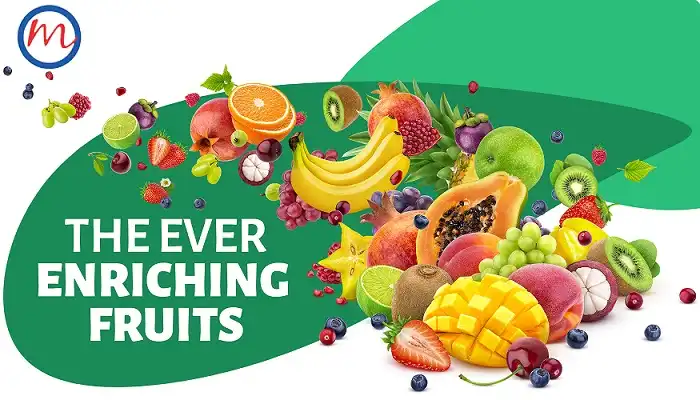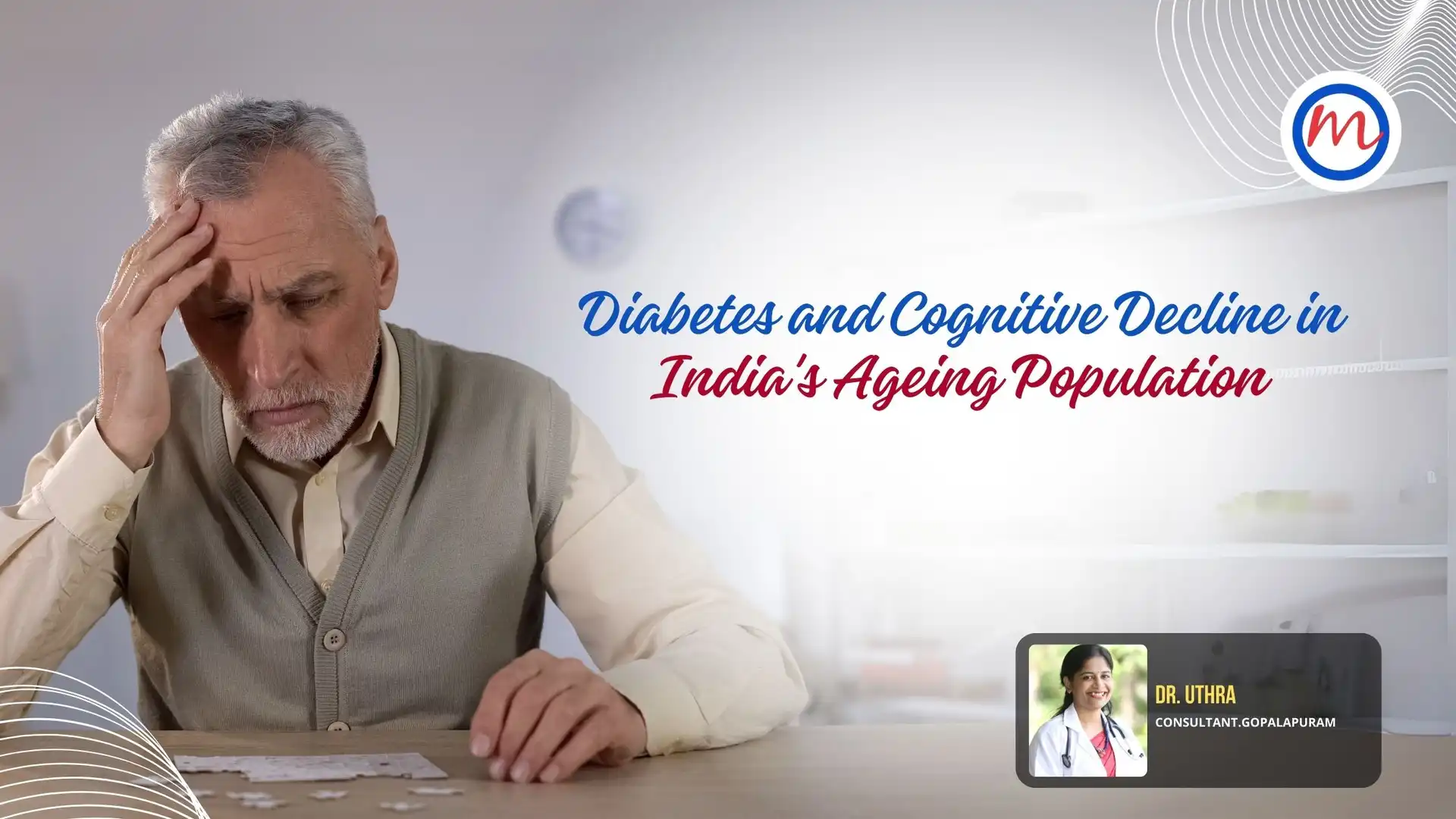Some fruits are perfect for people with diabetes, some are not. But every fruit has its own goodness and should be included in their diet—some every day, some every week and some every season.
An apple a day keeps the doctor away. It’s not just the apple, that familiar expression is true for every kind of fruit. Although the health benefits of diets that include fresh fruits are well established, the sugar content of fruits has led to uncertainty about associated risks of diabetes and of complications of the disease.
Eating more fruit is an excellent way to improve overall health and reduce the risk of disease. Fruits are the foundation of a good diet. Why should people with diabetes be deprived of their benefits? In this article, the second of the two-part series on fruits and diabetes, we look at some powerhouse fruits that are strongly associated with reducing the risk of diabetes and other chronic diseases.
NUTRIENTS IN FRUITS
Naturally cholesterol-free, low-fat, low in sodium and calories, most fruits are packed with nutrients that we often don’t consume enough. Consider potassium, dietary fibre, vitamin C and folate.
- Banana, orange, sweet lime (mosambi), lemon (nimbu) cantaloupe (kharbuja), alubukhara (plum), mango, watermelon, pomegranate, pear, papaya, berries and pineapple are rich sources of potassium, which keeps our blood pressure healthy.
- Whole fruits (and not juice) provide us with a feeling of fullness on fewer calories, dietary fibre, which takes care of our digestion and proper bowel function, reduces blood cholesterol and the risk of heart disease.
- Guava and citrus fruits are rich in high vitamin C, important for growth and repair of tissues, heals wounds and keeps teeth and gums healthy.
- Citrus fruits, cantaloupe, nuts, mango provide us with folate (a group of naturally-occurring B-vitamins, known as B9) which helps in the formation of red blood cells.
HEALTH BENEFITS OF FRUITS
A study was done at Oxford University, UK, followed by 500,000 people over seven years (Du, H. et al, 2017 (April), “Fresh fruit consumption linked to lower risk of diabetes and diabetic complications,” PLOS Medicine) reports that greater consumption of fresh fruits is linked to a lower risk of diabetes, complications of blood vessels and of death. The researchers have also emphasised the value of their study for Asian people, where fruit consumption is often restricted in people with diabetes. In the PURE study in which Dr V.Mohan was also involved, fruits have been shown to protect against diabetes and cardiovascular disease.
- Heart disease: Fruits can help prevent heart disease and stroke, the world’s leading killers—especially citrus fruits.
- High Blood Pressure and High Cholesterol: Research shows that the soluble fibre in fruits (and vegetables) helps block the absorption of cholesterol from other foods.
- Cancer: Eating more fruit can lower the risk of cancers of the oesophagus, stomach, lungs, mouth, pharynx, colon, larynx, kidney and bladder.
- Intestinal ailments: It has been found that fibres in certain fruits are important for protecting the digestive system. Fibres soak up water and expand—this process can calm irritable bowels and decrease pressure inside the intestinal tract.
- Fibres: Found only in foods that come from plants, fibres provide different benefits. Insoluble fibres draw water into the intestine and help to prevent constipation, support colon function and health. Soluble fibres soak up water, become gel-like, blocking the absorption of fats and cholesterol, sugars and toxins. Fruits rich in fibres reduce the risk of heart disease, LDL (“bad”) cholesterol and blood sugars.
- Eye degeneration: Many fruits contain the pigments that aid in protecting your eyes. Coloured fruits like oranges, cantaloupe and mangos, protect against cataract, or age-related clouding of the eye’s lens. High-vitamin C fruits like citrus fruits, bananas and apples protect your eyes against macular degeneration or age-related vision loss due to changes in the macula in the centre of your eye. In order to preserve night vision, one should have fruits rich in Vitamin A fruits like cantaloupe, watermelon, mango and papaya.
- Other disorders. Eat pineapple, oranges, apples, bananas, guavas and papaya, loaded with vitamin C, to guard against osteoporosis, dental issues and skin infections.
THE PERFECT FRUITS
Jamun: The little black fruits are superheroes, especially for people with diabetes. Jamun has some hypoglycaemic properties (or, the ability to reduce sugar in blood). Since Jamun is rich in fibre, it helps in keeping you sated, improving your digestion and stimulating weight-loss. With astringent and anti-diuretic effects, Jamun helps reduce frequent urination and flush toxins out of the kidneys. Jamun contains essential vitamins and minerals, especially vitamin C, vitamin K, manganese, potassium and iron.
Amla: The Indian gooseberry is a potent natural medicine a rich source of Vitamin C and is often recommended as a general tonic for various lifestyle ailments: from weight-loss to diabetes to high cholesterol. Amla helps in insulin resistance, balances high blood sugar levels, eliminates toxins from the body and promotes cellular metabolism. Antioxidants present in it (ascorbic acid, tannins, and polyphenols) induce better lipid profile, blood glucose and immunity, improves metabolism, leading to better immunity.
THE CONTROVERSIAL FRUITS
Watermelons: If you have diabetes, should you eat watermelons? It’s believed to be high-carb, high-calorie has high glucose content and high glycemic index (GL). However, the answer is, “yes.” That’s because, being 92 per cent water, watermelon has a very low Glycemic Load of 5 on a typical serving size of 120 g. As you know from Part I of this series, GL is a measure of how a carbohydrate affects blood sugar, taking both Glycaemic Index and quantity into account.
Watermelon is also a disease fighter: antioxidant lycopene guards against cancer, heart disease and age-related eye disorders; micronutrients vitamins A, B6, C, potassium strengthen the immune system, nerve function and lower blood pressure. Just be careful about portion size and make it a part of your eating plan.
Lychees: There is a lot of confusion over lychees: should they be consumed by those with diabetes or not?
The answer is again ‘yes’. The kind of sugar in lychee is fructose, that does not require insulin for its metabolism. Lychee has a glycemic index of around 50. That means, it gets digested slowly with slow release of sugar in the blood, that prevents blood sugar spike.
With high water content, lychee has medium GL. Its high fibre content helps prevent abrupt blood sugar spikes. Lychee is a treasure trove of vitamins, minerals, antioxidants: copper facilitates blood circulation, magnesium and phosphorous strengthen bones. Just don’t have lychees in excessive amount. Consult your doctor, please.
Mango: The king of fruits has high levels of natural sugar and is hence the most debates of all fruits for people with diabetes. Indeed true there over 90 per cent of the calories in mango come from sugar which is why it may contribute to increased blood sugar in people with diabetes. But surprisingly the glycemic index (GI) score of mango is low to medium (51—56). Its GL is also in the range of 9–19, again, low to medium.
Moreover, mangoes contain a variety of vitamins and minerals, including vitamins C, A, E, K and a range of B vitamins, fibre and antioxidants. Rich in polyphenols, chemicals that reduce the ability of fat cells to multiply, mangoes provide antioxidant and anti-inflammatory properties. The higher the antioxidant content of food, the more it reduces stress response associated with rising blood sugar levels.
So finally should mango be taken by people with diabetes?
It all depends on the amount consumed of 1 or 2 slices of mango are taken, it is fine. If the amount consumed is large sugar levels can go ups quite dramatically. Every mango season we see hundreds of patients, come in with severe uncontrolled diabetes after taking loads of mangoes. If you are going to take mangoes here are some guidelines
- Limit the quantity 1 or 2 slices
- Don’t take the mango after your meal but in between your meals, to reduce the glucose
- Reduce the carbohydrate quantity (Rice/ Chappathis) at lunch/dinner.
- Test your sugar to see whether it increase your sugar
- If possible, put a continuous glucose monitor sensor during the mango season to see the effect of mango in your sugar level.




